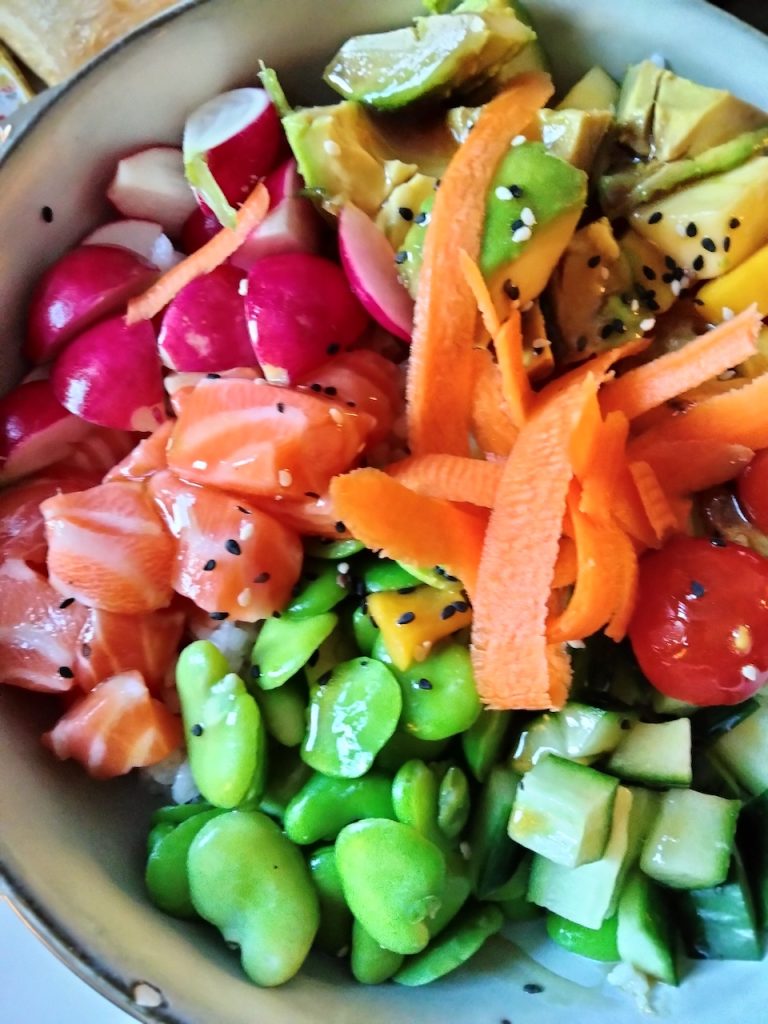Comfort Foods Revisited
Comfort foods are foods that make us feel good eating them, like a warm hug. Classic comfort foods include Mac ‘n’ cheese, pizza, mashed potatoes, creamy pasta dishes, cheesy casseroles, stews and rich desserts, for example. If it is comforting and delicious, it can live in this category. Unfortunately, many classic comfort food dishes are high in fat and calories and typically high in carbohydrates, usually refined, which offer fewer nutrients and dietary fiber. However, you can make a few modifications to decrease the fat and calories so you can still enjoy occasionally, without feeling as though you are compromising on your efforts to maintain a healthful diet.
Adjust your comfort foods for health with these 4 tips:
- Make substitutions: Swap out ultra-rich, heavy ingredients for lighter alternatives. Even if you substitute only 1/2 of the original ingredient, such as cream (and leave the other half untouched), that is an improvement. Lower fat milk, olive oil in place of butter (typically 3/4 of the amount), Greek yogurt for sour cream, part-skim cheese, etc.
- Add healthful ingredients: Try adding healthful ingredients to make the dish more nutritious, such as fruits, vegetables, whole grains or beans. Diced or pureed veggies work well in sauces. Remember, even small changes are worth making. Don’t overdue, you still want to preserve the original mouthfeel and flavor.
- Serve smaller portions: Consider serving a comfort food dish as a side versus a main dish. Or cut it down by 1/3 to 2/3 and serve with a healthy pairing, such as a large green salad. You are preserving the integrity of the dish but, by cutting down on the amount eaten, are saving on a significant amount of fat and calories.
- Save some dishes for special occasions: Some recipes are very difficult to modify while preserving flavor and texture. If you are craving a cheeseburger with French fries, sure, you could opt for a turkey burger with baked potato fries, but it is definitely a different dish. For these types of comfort dishes, eat smaller portions and reserve them for special occasions or celebrations.










